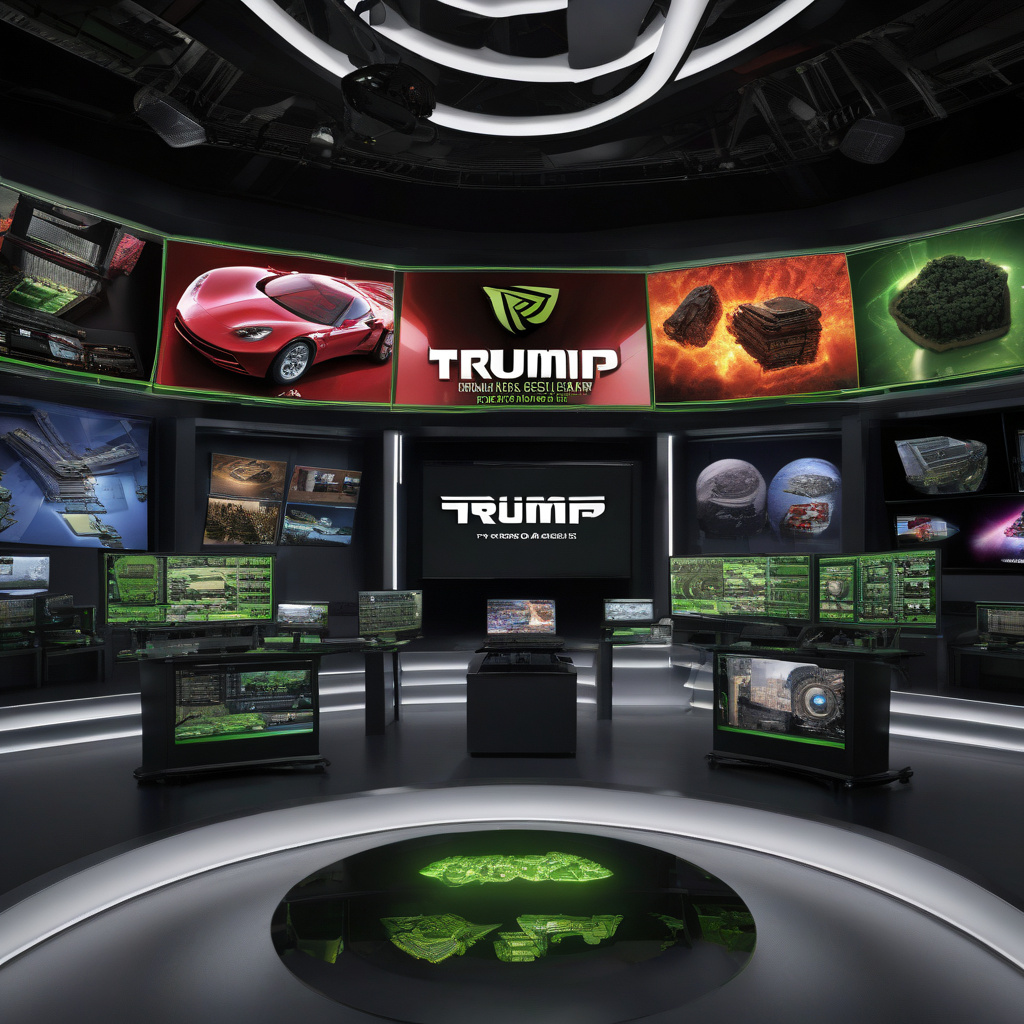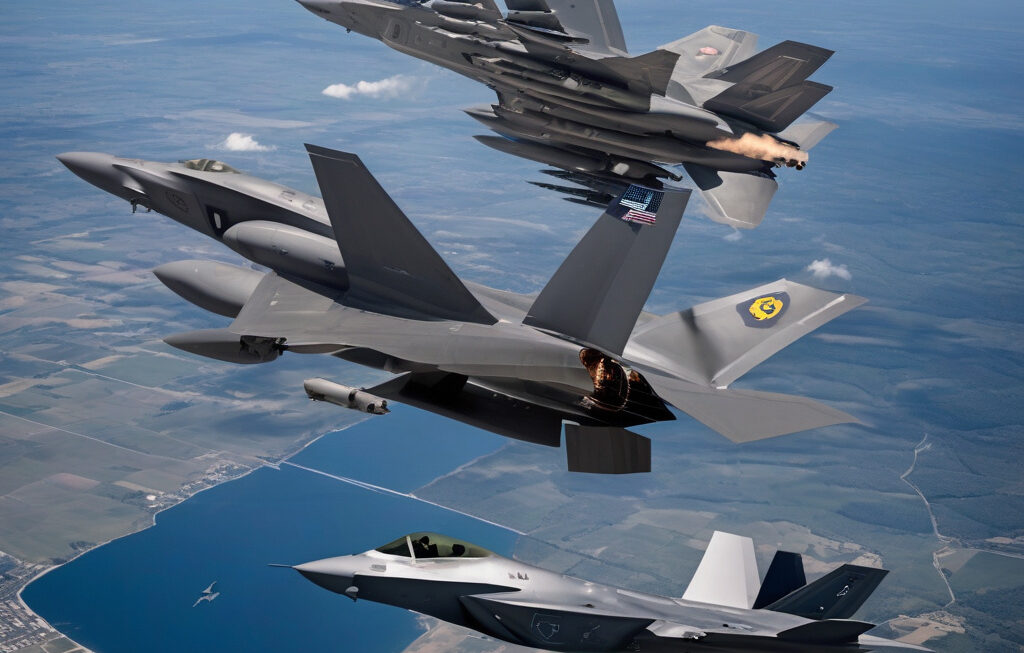Trump Considers Limited Nvidia Chip Sales to China: What This Means for AI Dominance
In recent news, the potential sale of scaled-down Nvidia chips to China has sparked a wave of controversy and speculation within the tech industry. Critics have raised concerns that even these reduced chips could significantly boost China’s capabilities in AI supercomputing, potentially tipping the scales of power in the global technological landscape. On the other hand, the US Commerce Department has taken a different stance by greenlighting the sale of Nvidia’s outdated H20 chips to China, asserting that these chips pose no threat to national security.
The debate surrounding the sale of Nvidia chips to China is multifaceted, touching upon issues of national security, technological advancement, and international trade relations. As one of the world’s leading manufacturers of graphic processing units (GPUs) and system-on-a-chip (SoC) products, Nvidia plays a pivotal role in shaping the future of AI and machine learning technologies. The company’s chips are widely used in applications ranging from gaming and data centers to autonomous vehicles and scientific research.
However, the prospect of Nvidia selling chips to China has raised red flags among critics who fear that such a move could inadvertently strengthen China’s position in the global AI race. China has been heavily investing in AI research and development in recent years, with the Chinese government pledging billions of dollars to support the growth of the domestic AI industry. By acquiring Nvidia chips, China could potentially accelerate its progress in developing AI-powered technologies, posing a competitive challenge to other tech powerhouses like the US and Europe.
The US Commerce Department’s decision to permit the sale of Nvidia’s outdated H20 chips to China comes amidst escalating tensions between the two countries over trade and technology. While some argue that these obsolete chips pose little risk to national security due to their outdated specifications, others worry that they could still be repurposed for use in AI applications, giving China an edge in this critical technology sector.
The case of Nvidia’s chip sales to China underscores the complex interplay between economic interests, national security concerns, and technological innovation. As countries vie for supremacy in the AI domain, the decisions made by leading tech companies like Nvidia can have far-reaching implications for the global balance of power. It also highlights the need for robust regulatory frameworks and international cooperation to address the challenges posed by the rapid advancement of AI technologies.
In conclusion, the debate surrounding the potential sale of Nvidia chips to China reflects the broader tensions and uncertainties characterizing the current state of global technology competition. While the US government seeks to navigate the delicate balance between economic interests and national security imperatives, critics and industry observers continue to monitor the evolving dynamics of the AI arms race. The outcome of this debate will not only shape the future of AI innovation but also influence the geopolitical landscape of the 21st century.
#Nvidia, #China, #AI, #USCommerceDepartment, #TechnologicalInnovation












